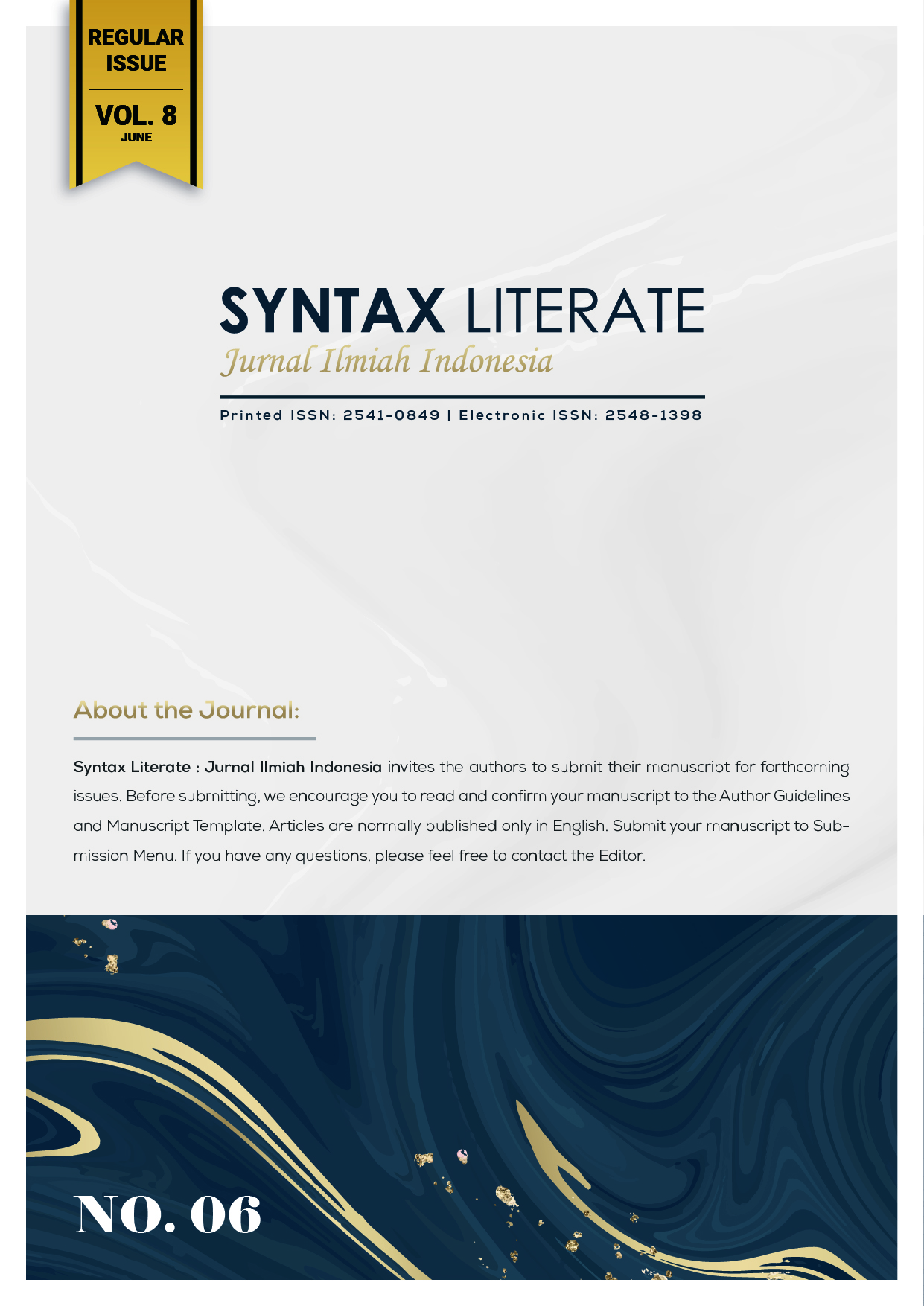Tinjauan Yuridis terhadap Peradilan In Absentia dengan Hak Asasi Manusia
Abstract
The trial procedure in absentia or trial without the presence of the defendant according to the applicable law in Indonesia is permissible. In terms of human rights principles, this procedure has the potential for major deviations in practice, because any opportunity to defend the accused has been ruled out. Meanwhile, the nuances for utilizing procedures in absentia during Indonesia's current transition period have increased, especially in corruption cases that have received support from public opinion who are eager to eradicate and prosecute corruptors, especially anti-corruption activists. Despite the fact that it is necessary to try these corruption defendants, normatively the procedure in absentia in relation to things that are allowed and not allowed in human rights principles in order to avoid human rights violations caused by the spirit of law enforcement itself. The enforcement of human rights (HAM) at the end of the 20th century until now is still the main topic that becomes the agenda and manifesto of world politics. The legal problem in Indonesia seen from this perspective is actually the absence of visionary leadership and empathy for law enforcement and human rights (HAM).
Downloads
Copyright (c) 2023 Adhalia Septia Saputri

This work is licensed under a Creative Commons Attribution-ShareAlike 4.0 International License.











